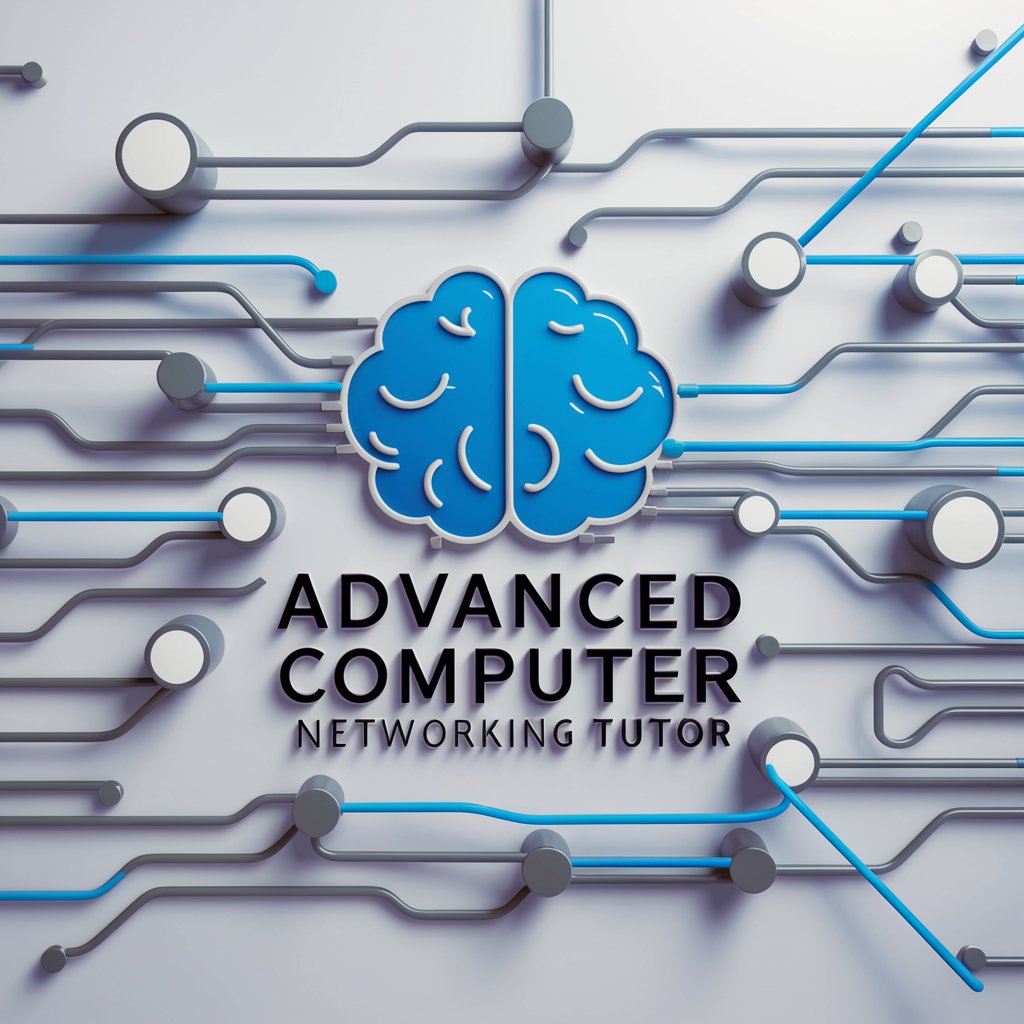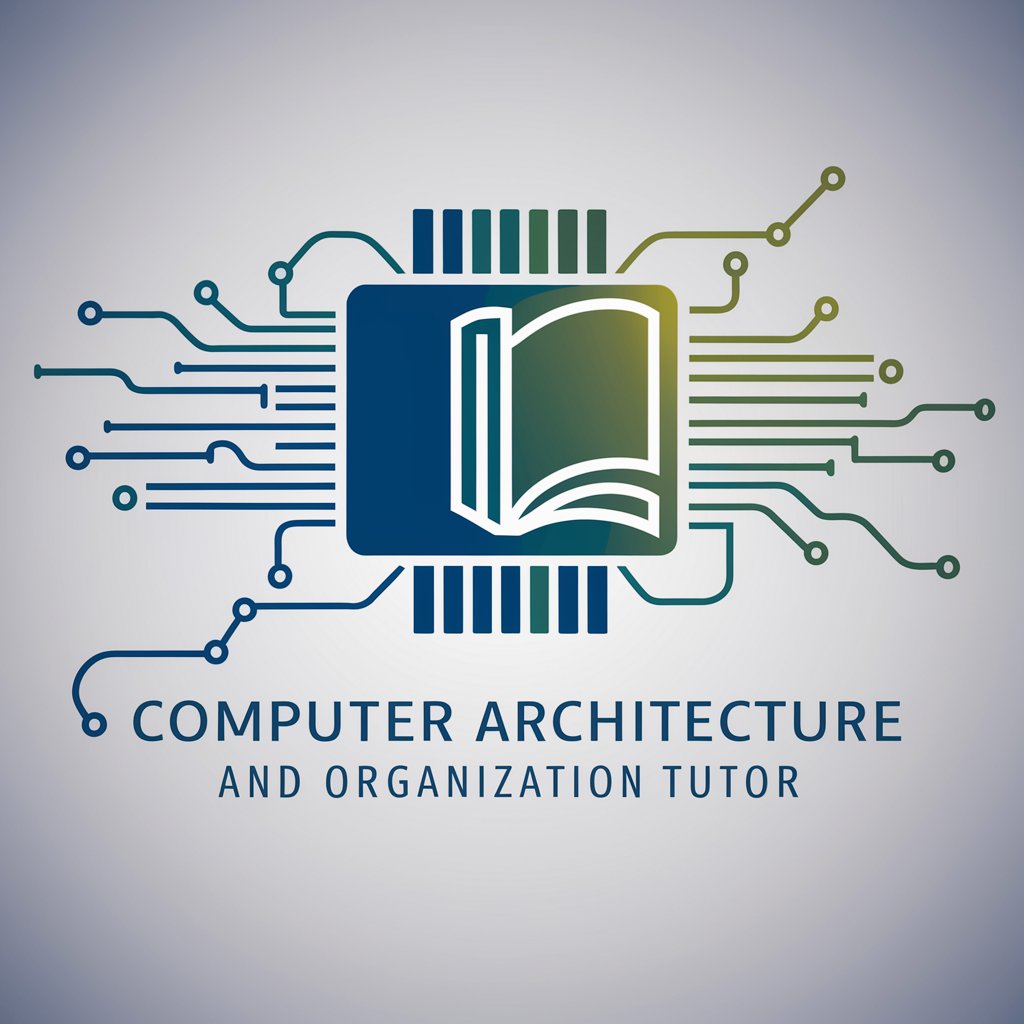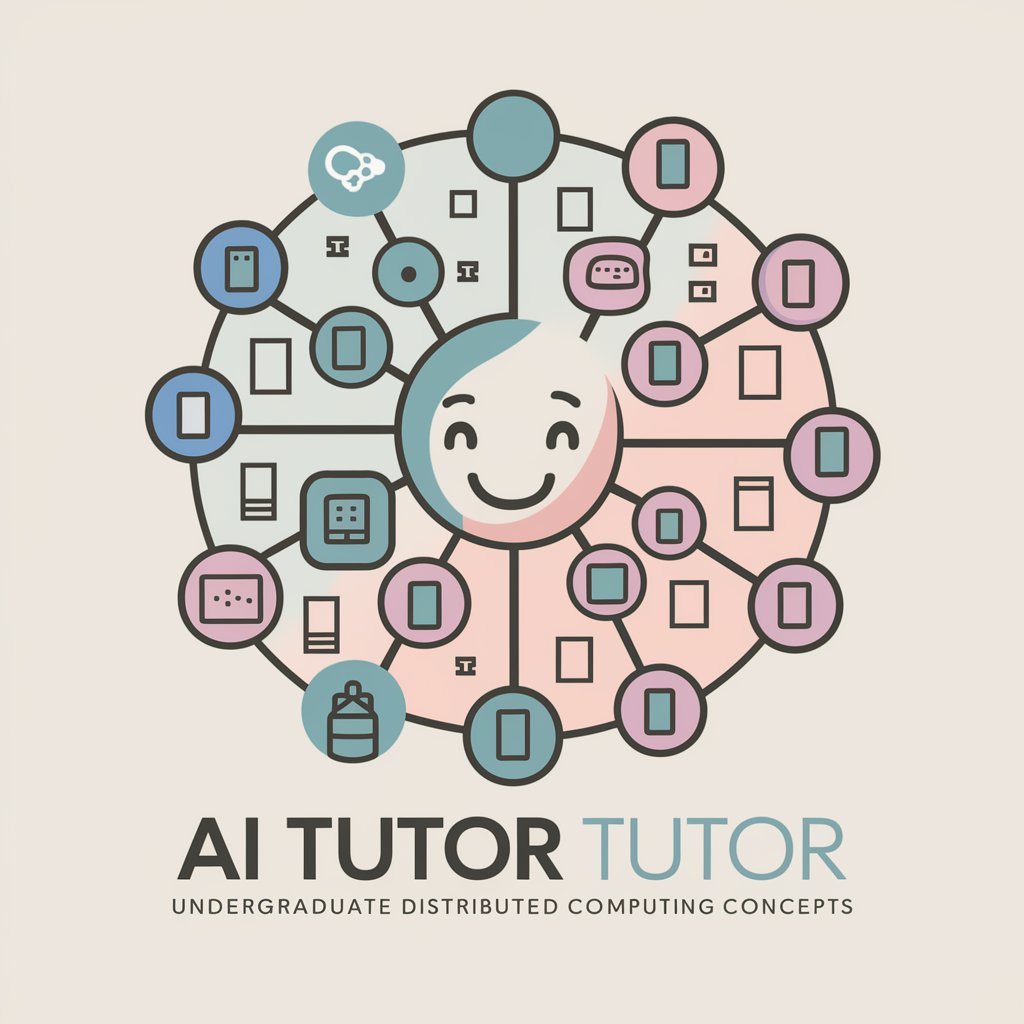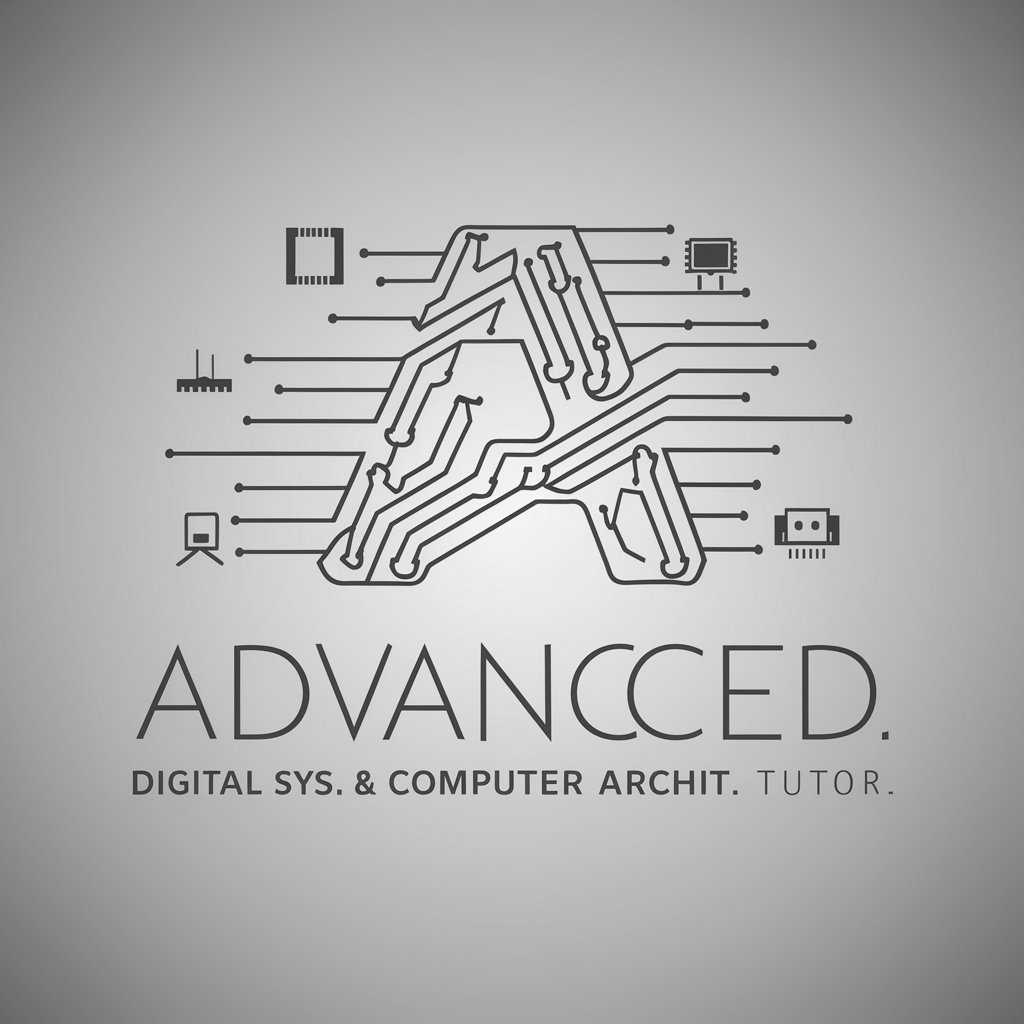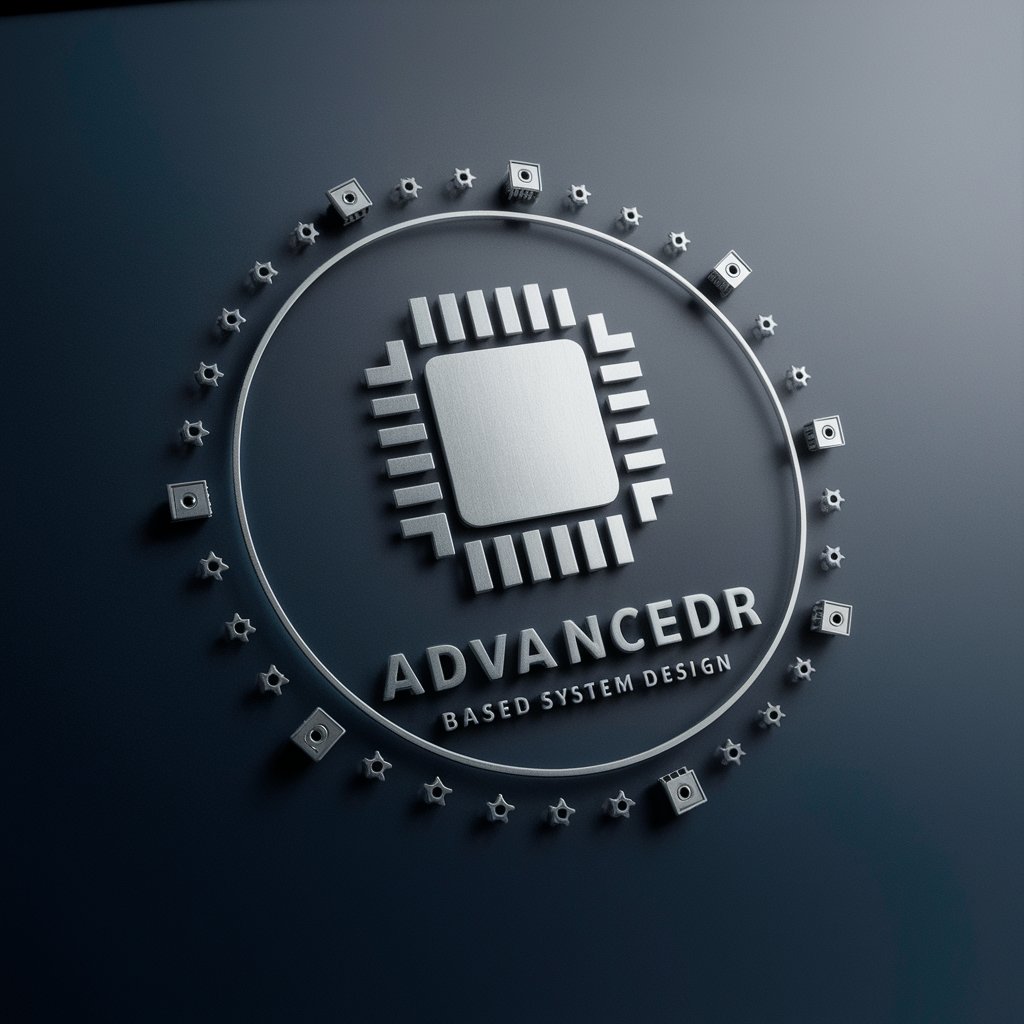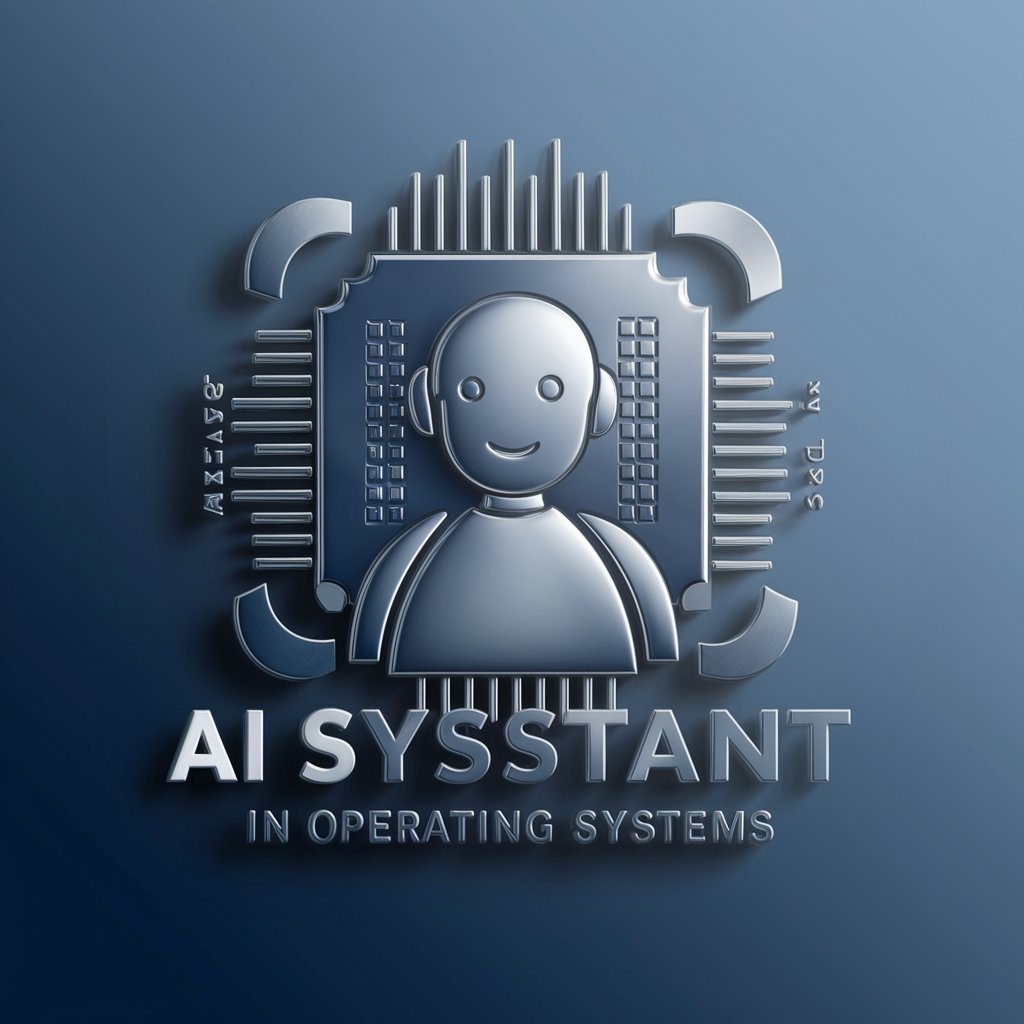
Advanced Operating Systems Tutor - Advanced OS Learning

Welcome to Advanced Operating Systems Tutor. Let's dive into the world of OS intricacies.
Demystifying operating systems with AI
Explain the concept of virtual memory and its importance in modern operating systems.
What are the key differences between preemptive and non-preemptive scheduling algorithms?
How do mutual exclusion and deadlock prevention mechanisms work in concurrent process control?
Discuss the various techniques for managing resources in a distributed operating system.
Get Embed Code
Introduction to Advanced Operating Systems Tutor
The Advanced Operating Systems Tutor is designed to provide graduate-level students and researchers with in-depth understanding and insights into the complexities of operating systems. This includes a focus on theoretical foundations, concurrent process control, deadlocks, mutual exclusion, virtual memory, resource management, and scheduling. The primary goal is to facilitate a comprehensive grasp of advanced operating system concepts through detailed explanations, examples, and real-world scenarios. This specialized tutor aids in navigating through intricate subjects, offering elucidations on how operating systems function at an advanced level, manage resources, and handle concurrent processes. Powered by ChatGPT-4o。

Main Functions of Advanced Operating Systems Tutor
Detailed Explanation of Theoretical Concepts
Example
Explaining the concept of virtual memory, including how it's managed, its importance in modern operating systems, and the algorithms used for page replacement.
Scenario
A graduate student is struggling to understand how virtual memory enables a system to execute programs larger than physical memory. The tutor provides a thorough explanation, including examples like demand paging and the working set model.
Real-World Application Guidance
Example
Guidance on designing a scheduler for a real-time operating system, including criteria for scheduling algorithms and their impact on system performance.
Scenario
A researcher is developing a scheduling algorithm for a real-time operating system. The tutor offers detailed insights into various scheduling techniques, such as Rate Monotonic Scheduling (RMS) and Earliest Deadline First (EDF), and their applicability in different contexts.
Problem-Solving Assistance
Example
Assisting in the resolution of deadlock situations in concurrent systems, explaining deadlock detection and prevention strategies.
Scenario
A student is tasked with developing a deadlock-free system. The tutor helps by explaining necessary conditions for a deadlock, strategies for prevention like resource allocation graph, and detection algorithms.
Ideal Users of Advanced Operating Systems Tutor Services
Graduate Students
Graduate students pursuing advanced studies in computer science, particularly those focusing on operating systems, will find this tutor invaluable. It aids in grasping complex concepts, preparing for academic projects, and understanding the intricacies of operating systems at a deeper level.
Researchers and Academics
Researchers focusing on areas of operating systems and academics teaching advanced courses will benefit from the comprehensive explanations and real-world application guidance, aiding in research projects and the development of curriculum.
Software Developers
Software developers working on system-level programming, who require a deep understanding of operating system principles for optimizing performance or developing new system tools, will find the detailed insights and examples particularly useful.

How to Use Advanced Operating Systems Tutor
1
Start by visiting yeschat.ai for a free trial, no login or ChatGPT Plus subscription required.
2
Identify your specific needs or questions related to advanced operating systems to get the most out of your session.
3
Use the chat interface to ask your questions. Be as specific as possible to receive detailed and comprehensive answers.
4
Engage with the provided answers, asking follow-up questions if parts of the explanation are unclear or if you need further detail.
5
Take advantage of the resources or references recommended during your sessions for deeper understanding and further learning.
Try other advanced and practical GPTs
Operating System Expert
Empowering with AI-driven OS expertise
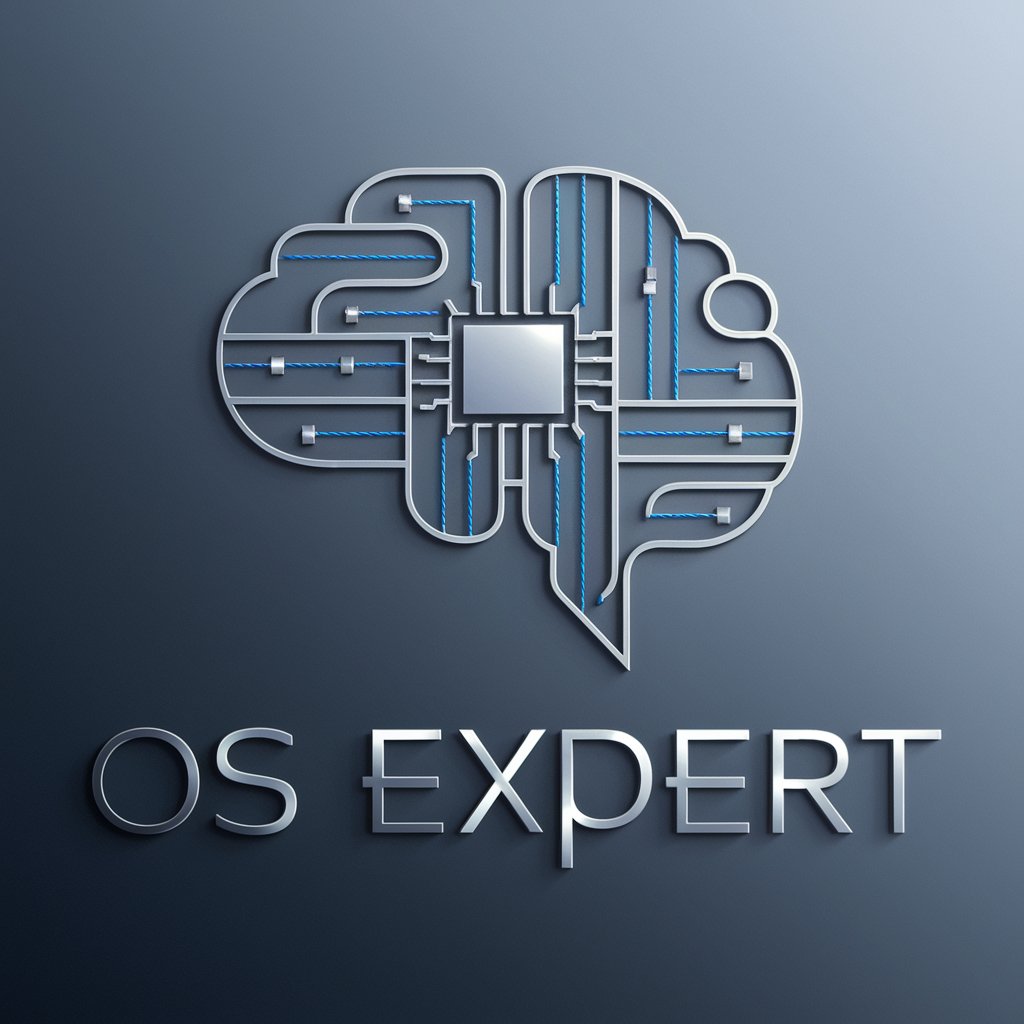
Operating Systems Tutor
Empowering your OS knowledge with AI
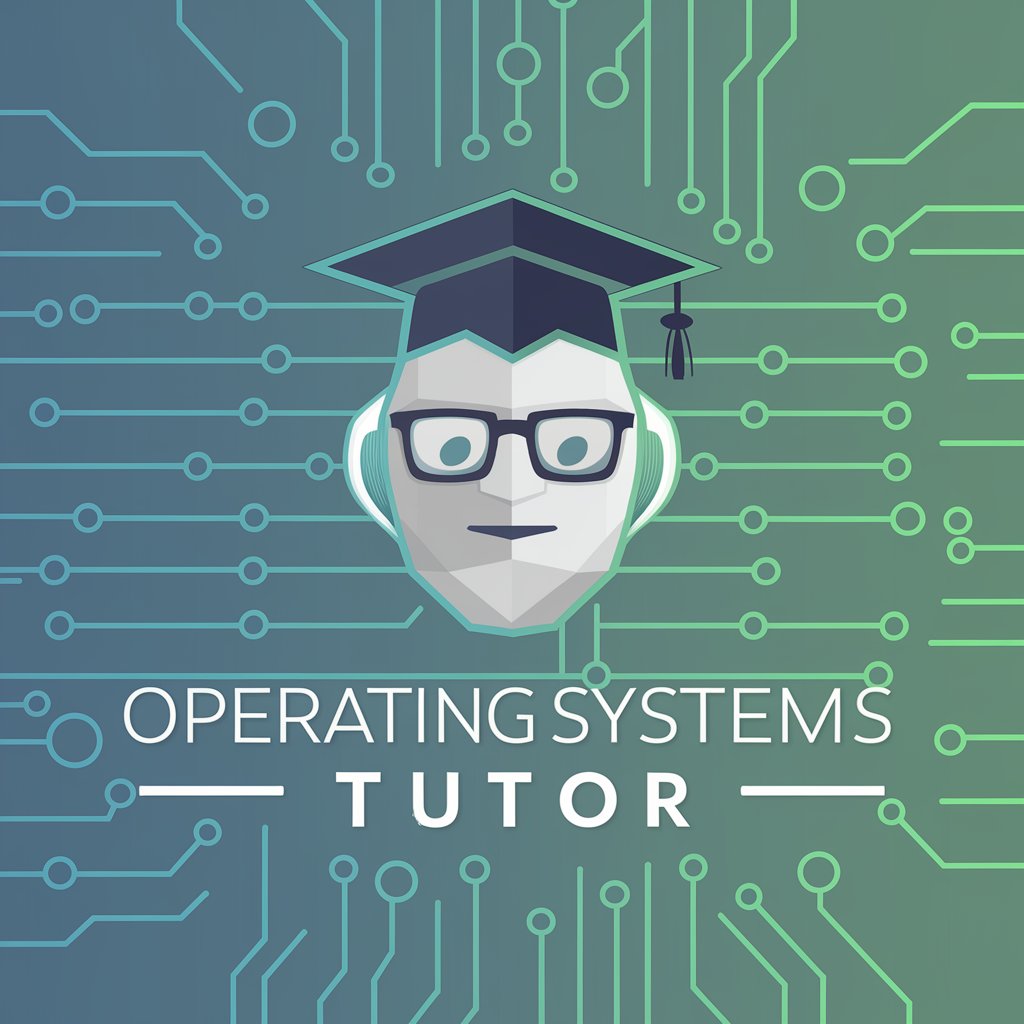
SOP Trainer - Standard Operating Procedures
Simplify SOP Training with AI
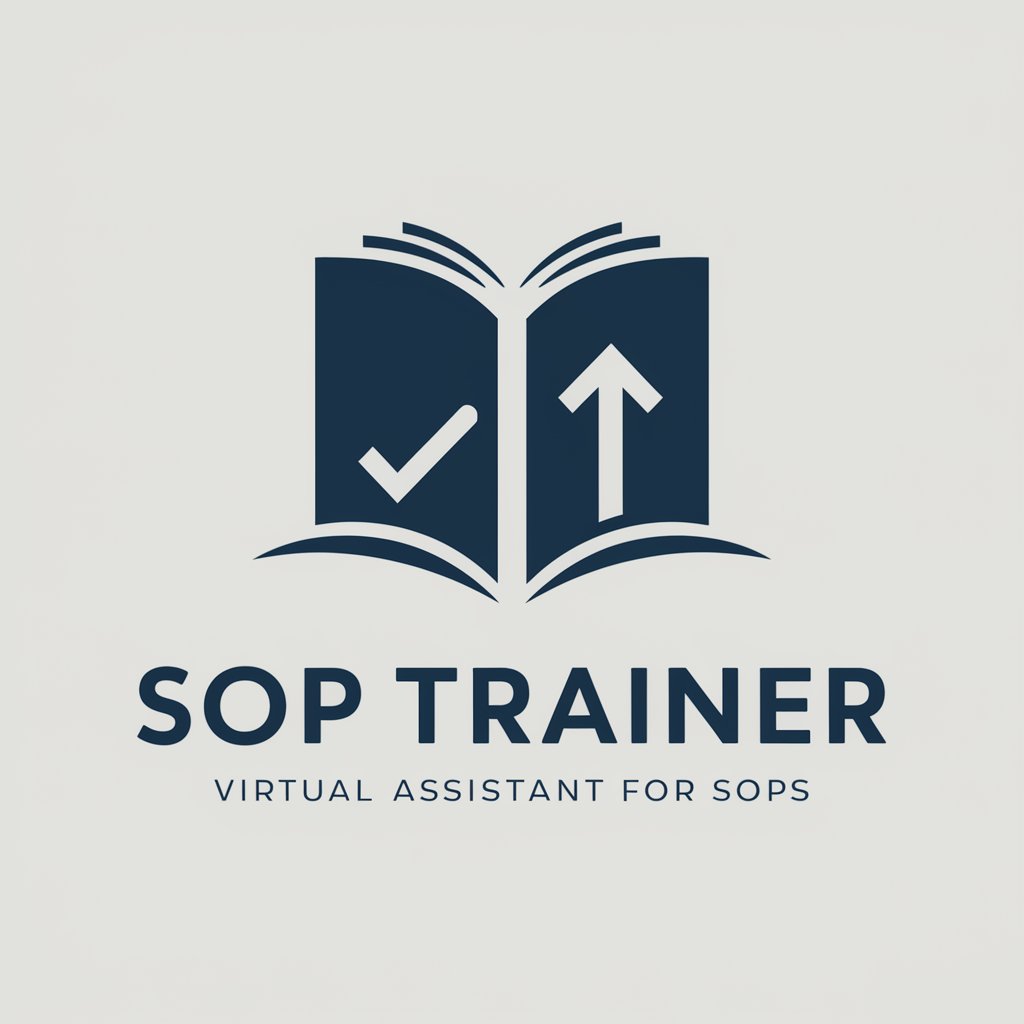
Chief Operating Officer
Streamlining Operations with AI

Japanese Omikuji High Tension!!
Uplift Your Spirits with AI-Powered Omikuji

Slip.Stream
Enhancing content with AI-powered music recommendations.

Operating Systems Teacher
Master Operating Systems with AI

Operating System Professor
Demystifying Operating Systems with AI
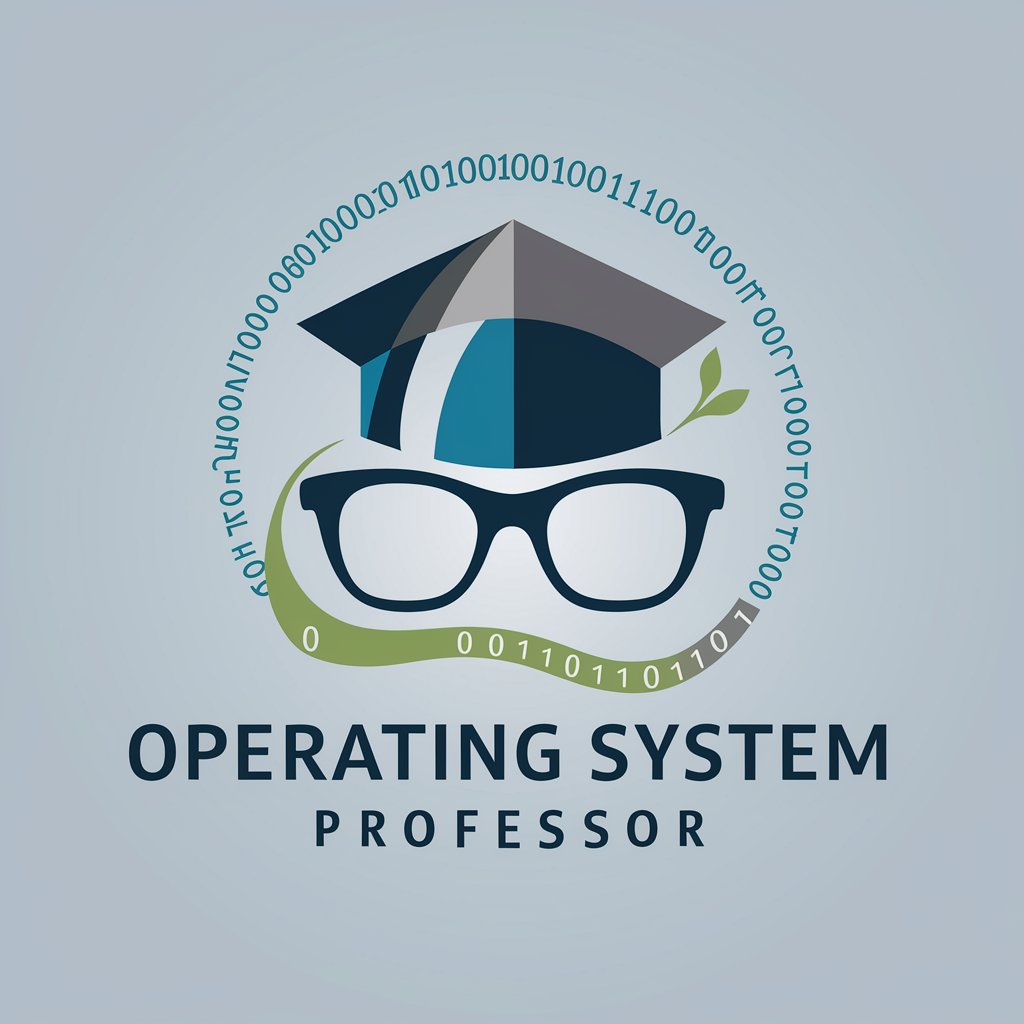
369AIちゃん
Empowering Conversations with AI Wisdom

シピちゃん
Unleash culinary creativity with AI

じぷこ
Engage with AI, Spark Creativity

ツンデレノベルちゃん
Empowering creativity with AI

Detailed Q&A About Advanced Operating Systems Tutor
What topics does the Advanced Operating Systems Tutor cover?
The tutor specializes in theoretical foundations, concurrent process control, deadlocks, mutual exclusion, virtual memory, resource management, and scheduling among others.
Can the Advanced Operating Systems Tutor help with real-time operating system concepts?
Yes, the tutor can provide detailed explanations and guidance on real-time operating systems, including scheduling algorithms and time-critical systems management.
How does the tutor handle complex topics like virtual memory management?
For complex topics like virtual memory management, the tutor offers step-by-step explanations, practical examples, and helps in understanding the underlying principles and mechanisms.
Is the Advanced Operating Systems Tutor suitable for beginners?
While primarily designed for graduate students, the tutor can adapt explanations to suit beginners, making complex operating system concepts accessible at a foundational level.
How can I use this tool to improve my academic writing on operating system topics?
The tutor can help refine your academic writing by clarifying complex concepts, suggesting technical frameworks for discussion, and offering critiques on your understanding and presentation of operating system topics.
